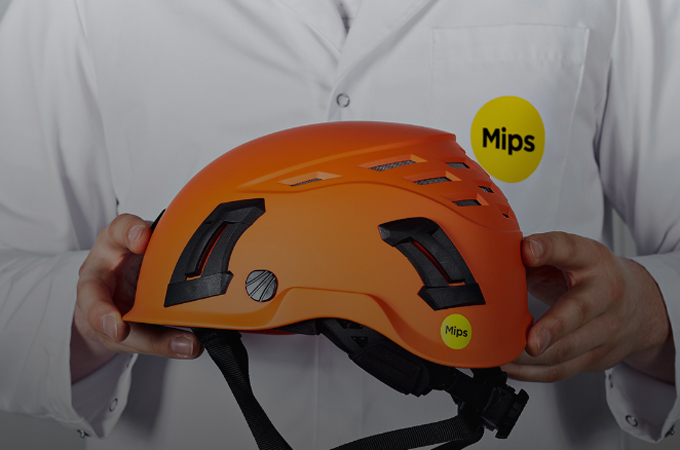Mips, which develops helmet safety systems for the construction industry among others, is advancing helmet testing with its Virtual Test Lab (VTL) aiming to lower the environmental impact while significantly reducing costs and time-to-market for new helmets.
This innovation leverages cutting-edge computer science with the intention to virtually predict how new helmets will perform in real-life impacts, providing insights more quickly and efficiently than physical testing, the company says.
Mips VTL could also significantly reduce waste from helmet prototypes for Mips’ partners and their customers, presenting a more sustainable approach to helmet tests than physical tests, it said.
In 2022, Mips conducted 60,000 virtual helmet tests – which represents 60,000 helmets that were not produced and discarded, reducing material usage and waste, the company says.
Faster test results also allow helmet brands and manufacturer design teams to refocus any helmet safety improvements on narrower, viable parameters, and present the possibility to bring the final product to market in a quicker time frame. Expediting this process can also reduce the cost of prototyping for helmet brands and manufacturers. In addition to testing, Mips VTL also enables the prototyping of new designs in a virtual environment without the need for physical prototype production, it says.
In 2022, Mips signed up for the UN Global Compact and has since embedded the Ten Principles of the UN Global Compact into its operations. Furthermore, Mips created a new ambitious sustainability roadmap based on its value chain emission analysis in 2022: In line with the Paris Agreement, Mips’ targets are approved by the Science Based Targets initiative (SBTi), to do its part in limiting global warming to 1.5°C.
“Through our Virtual Test Lab, we’re revolutionizing helmet testing by harnessing the power of advanced computer science. This innovative approach not only accelerates development timelines but also embodies our commitment to sustainability and environmental responsibility. Mips continues to lead the way in shaping the future of helmet-based safety.” says Daniel Lanner, Head of VTL at Mips.
With over 25 years of experience developing groundbreaking testing methodology, Mips’ VTL builds on its mission of leading the world to safer helmets.
In addition to environmental impact, Mips is equally focused on achieving social and economic sustainability through its business practices, company culture, and economic model, the company says. - TradeArabia News Service































